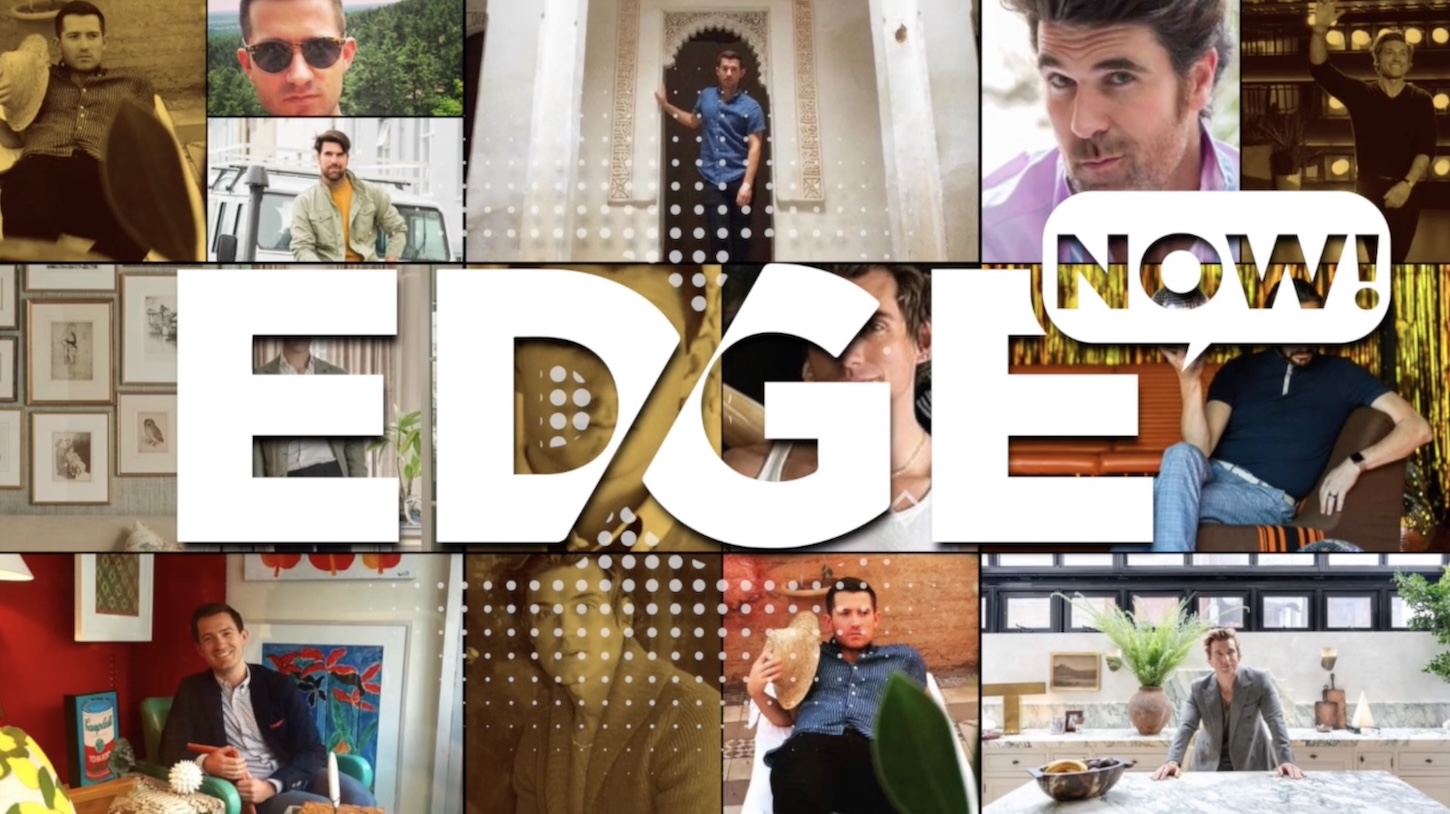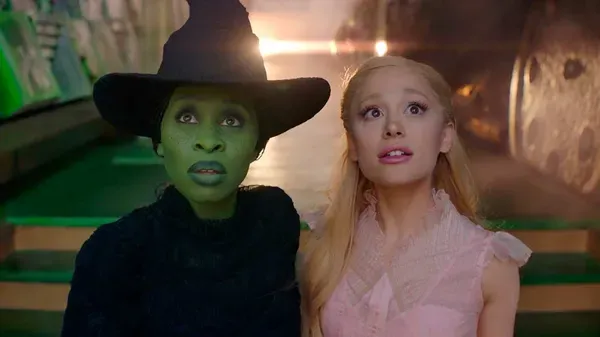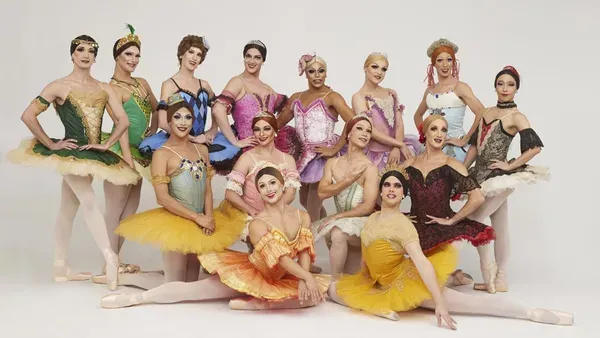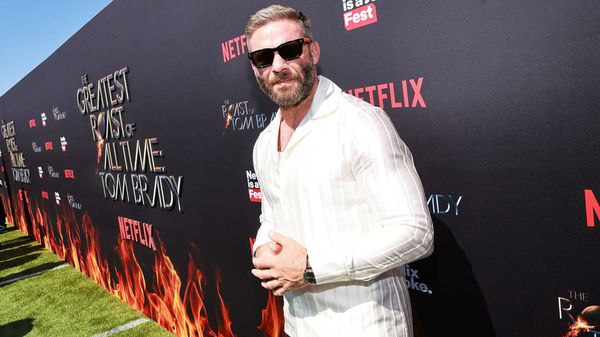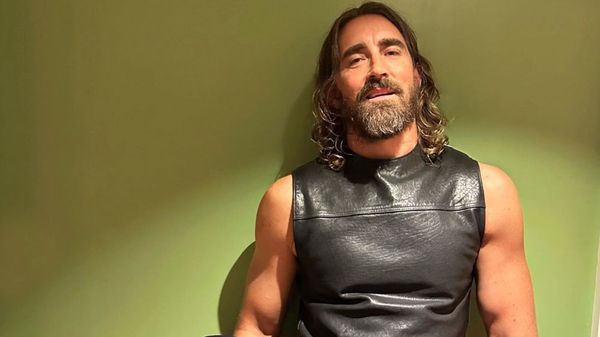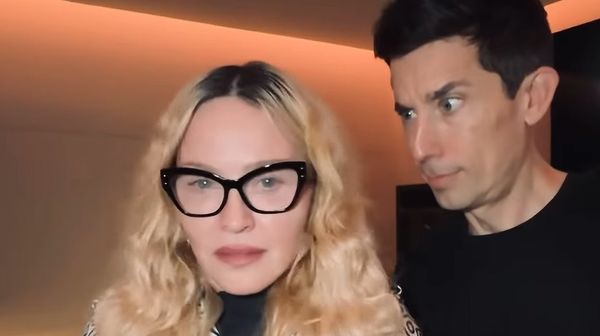Feb 2
At the SpeakEasy: Playwright Samuel D. Hunter on Finding God in a Fluorescently Lit Cubicle
Kilian Melloy READ TIME: 7 MIN.
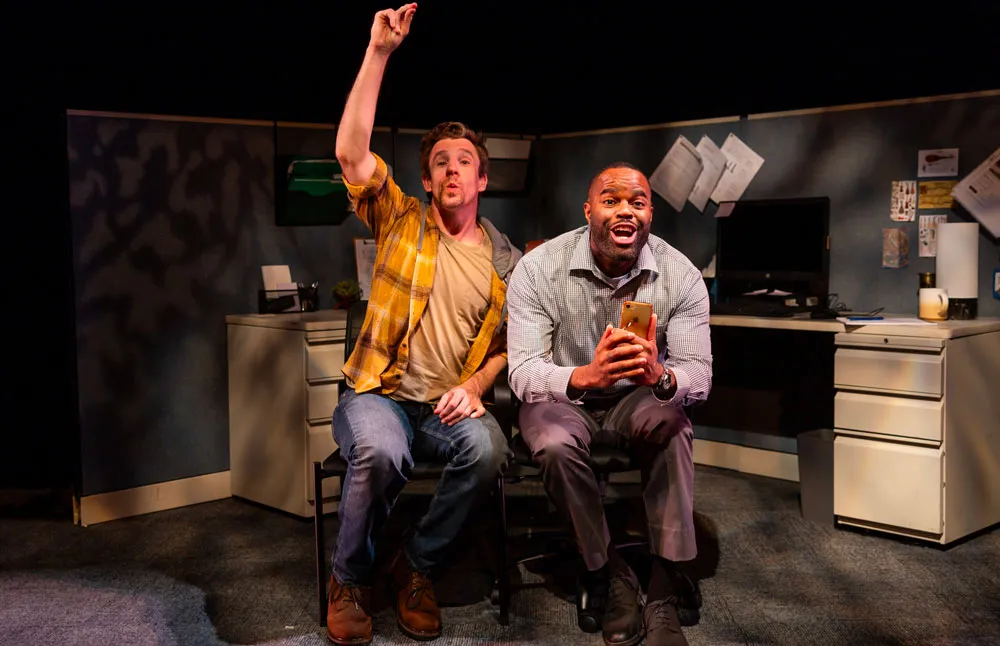
EDGE: The play brings together so many things that can be viewed as polarizing and opposite: Black and white, gay and straight, different backgrounds and viewpoints.
Samuel D. Hunter: We've forgotten how to talk to each other. You know what I mean? We've forgotten how to hold two seemingly contradictory thoughts at the same time and recognize that both can be true. Everybody wants some moral high ground. Everybody says, "I'm going to be on the right side of history," when, in fact, we have no idea what the right side of history is going to be. I mean, some things are very morally clear, and others are not.
These are two very different guys. The Venn diagram where they meet is very specific: They grew up in the same place and they each have daughters around the same age. One needs a loan, and the other is a loan broker. Those are very surface-level meeting places, but within that they find this vast terrain of love and friendship.
I get frustrated with the way that male friendship is portrayed. One of my friends, after hearing an early reading of this play when I was still developing it, her reaction was, "I was expecting them to either have sex or punch each other, and neither came about." I love that reaction! It also made me sad, because I was like, "That's the expectation that we have about the language of male friendship, that it has to go to either fucking or fighting." I wanted to write a play about platonic male love, because I think it's a real disservice to young men to teach them that they can't have a deep emotional connection with another person that doesn't involve fighting or fucking. So, that was another big impulse that I had.
EDGE: Your play "The Whale" was made into a movie last year. Are there other plays you've written that you'd want to see made into films?
Samuel D. Hunter: This the only time I've ever adapted one of my plays [for the screen]. I would love to do it again, but I also think that this was kind of [like] Halley's Comet. There are very few people on Earth who can say, "I'm going to make this this character study set in a two-bedroom apartment into a two-hour film." Darren is one of a handful of people who has that kind of artistic cred, that somebody would hand them a check to make a movie like that. The fact that Darren had me on set the entire time, and shot the script basically word for word, is pretty unheard of.
EDGE: I could see Netflix making a movie out of a two-hander play like "A Case for the Existence of God." Who would you cast in a film version?
Samuel D. Hunter: Oh, gosh, Paul Mescal would be amazing as Ryan.
"A Case for the Existence of God" runs at the Roberts Studio Theater at the Boston Center for the Arts from Jan. 26 – Feb. 17, 2024. For tickets and more information, follow this link.
Kilian Melloy serves as EDGE Media Network's Associate Arts Editor and Staff Contributor. His professional memberships include the National Lesbian & Gay Journalists Association, the Boston Online Film Critics Association, The Gay and Lesbian Entertainment Critics Association, and the Boston Theater Critics Association's Elliot Norton Awards Committee.
